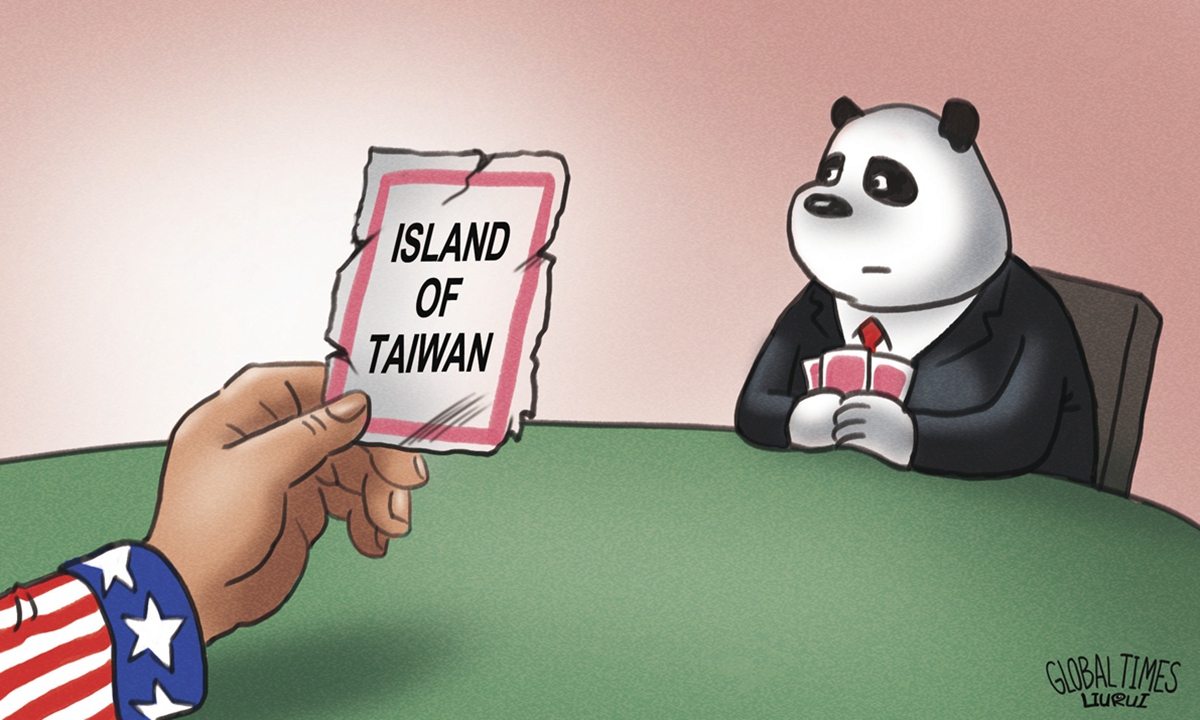LATEST INSIGHTS
Your Present Location: LATEST INSIGHTSDing Gang: Pelosi's visit will be a turning point in China's US strategy
Source: GT Published: 2022-08-03

Not long ago, a US delegation visited the Bangladesh Garment Buying House Association (BGBA). The US is the largest importer of Bangladesh's textiles, and in 2021, Bangladesh's apparel exports to the US reached $7.14 billion, an increase of $1.91 billion or 36.69 percent compared to 2020.
This delegation was there not to check the quality and production of textiles. An important purpose behind their trip was to check if Bangladeshi producers were using Xinjiang cotton. Biden on December 23, 2021 signed into law the so-called Forced Uyghur Labor Prevention Act, under which US Customs will ban any Xinjiang-related goods from entering US markets.
This incident shows us that the US all-around containment of China has entered a stage of full implementation. What we have seen in the US political scene in recent months has been a fierce bipartisan battle that has made decision-making in Washington less effective. Many pressing domestic challenges cannot be resolved. But when it comes to China, the US' execution has been outstanding. This is because there has been a bipartisan unity and consensus to oppose China. The US executive branch at all levels has begun to fully implement and enforce this strategy.
This policy has driven a spiral of US hostility toward China, providing opportunities for people like Nancy Pelosi who have long held anti-China positions. Pelosi's visit to Taiwan showed us that the US strategy toward China is to completely contain and attack China as its No. 1 competitor. This strategy has effectively identified China as an enemy, although it does not say so explicitly, as in many areas Washington no longer leaves any room for China's development or for strategic coordination between the two sides.
Taiwan was once a tool for the US to contain the mainland, but now that Washington's strategy toward China has changed. Taiwan has taken on a more offensive tone, and Washington is using this tool more easily and more frequently.
Pelosi's visit is therefore likely to be a turning point, a turning point in China's strategy toward the US and in the mainland's strategy toward Taiwan.
To date, China's policy toward the offensive strategy of the US has been defensive. China does not have an offensive strategy toward the US in the way that the US has toward China. It is a case of "if you throw a punch, I throw a punch back, or sometimes don't even fight back, just dodge." China has been trying to pull back the US-China relationship, or at least as much as it can. China has repeatedly stressed that it must get its own house in order even in the face of US sanctions.
One of the problems that have been present since China's reform and opening up is that both sides have a different strategic positioning toward each other. China has never wanted to change the US while some in Washington have been trying to find ways to change China to conform to the changes in the US. Some American politicians and strategists, including Pelosi, have always been uncomfortable about China's "color" as a country, and have always tried to find ways to make China "change" its color. But China did not change as Washington expected. Instead its economy is growing rapidly, becoming the second largest economy in the world.
China has never wanted to beat the US across the board, and keeps reminding itself that the gap between China and the US is still wide. This is why the vast majority of ordinary Chinese do not understand why Pelosi is going to Taiwan. They have always wanted the peaceful reunification of the two sides of the Taiwan Straits. The mainland's policy toward Taiwan has not changed either. But Washington's strategy has changed. What was once "containment plus engagement" has become increasingly aggressive, and that aggressiveness is top-to-bottom, across the board, at all levels.
When Washington's policy is to make China its primary enemy, it also compresses America's own strategic space, and it is America itself that has driven itself into a position where it has no choice. It will have to endure the backlash of such an "enemy." The result is likely to be that China's defense against US offensive provocations will turn into a strategic counterattack.
China does not want to be an enemy of the US, nor does it want to strategically position the US as such. But if the US strategy is to push China into a hostile position, then China has only one option.
Key Words: US,China,GT,Ding Gang























































































 京公网安备 11010802037854号
京公网安备 11010802037854号





